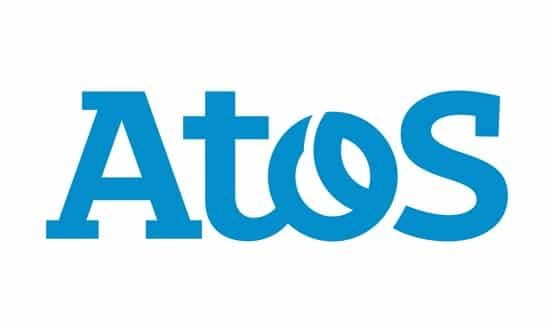Child index could make youngsters anxious
- 11 September 2006
The Children’s Commissioner says the government’s plans to create a national database of every child in England could create anxiety and arouse suspicion among young people, according to its latest research.
The Office of the Children’s Commissioner commissioned children’s charity the NSPCC to conduct research among young people about their views on the proposed database, known as the Information Sharing Index.
The research, involving 71 young people aged between 14 and 20, most of whom had experience of accessing social care and support services, showed that young people were worried that information held on databases could be inaccurate or fall into the wrong hands and that it could deter young people from using sensitive services in areas such as contraception or mental health.
The government wants all local authority areas to have an operational index by the end of 2008 and last week published its plans for engaging children, young people and families with the index. The proposals are that the index will include demographic details plus the name and contact details of the child’s school, their GP, other agencies or practitioners involved with the child and whether the agency or practitioner has information to share about the child, whether action with respect to the child is being taken and whether an assessment has been completed.
Professor Sir Albert Aynsley-Green, the Children’s Commissioner, said it was vital for professionals working with children to share information, particularly when a child is vulnerable and at risk of harm and abuse.
However he added: “Our research shows that more needs to be done to ensure children and young people fully understand how the Index will work and to be reassured that their right to privacy will be respected.”
The research found that young people wanted to be asked to consent to information about them being shared although they recognised that sharing information without their consent would be appropriate where there was a genuine threat of harm, such as risk of abuse.
The plans for the Index are that use of ‘sensitive services’ would only be recorded with the consent of the consent of young people or carers, and access to this will be strictly controlled. However, the young people consulted still had concerns about its impact on their privacy.
The Department of Education and Skills plans to launch a consultation on the draft regulations this month, create initial index records from national data suppliers in early 2007 and deploy the index to early adopter local authorities next summer.
The index is to be built and designed centrally and the DfES says the plan is to make the index as coherent as possible with other IT programmes including NHS Connecting for Health and the Integrated Children’s System.
Link




